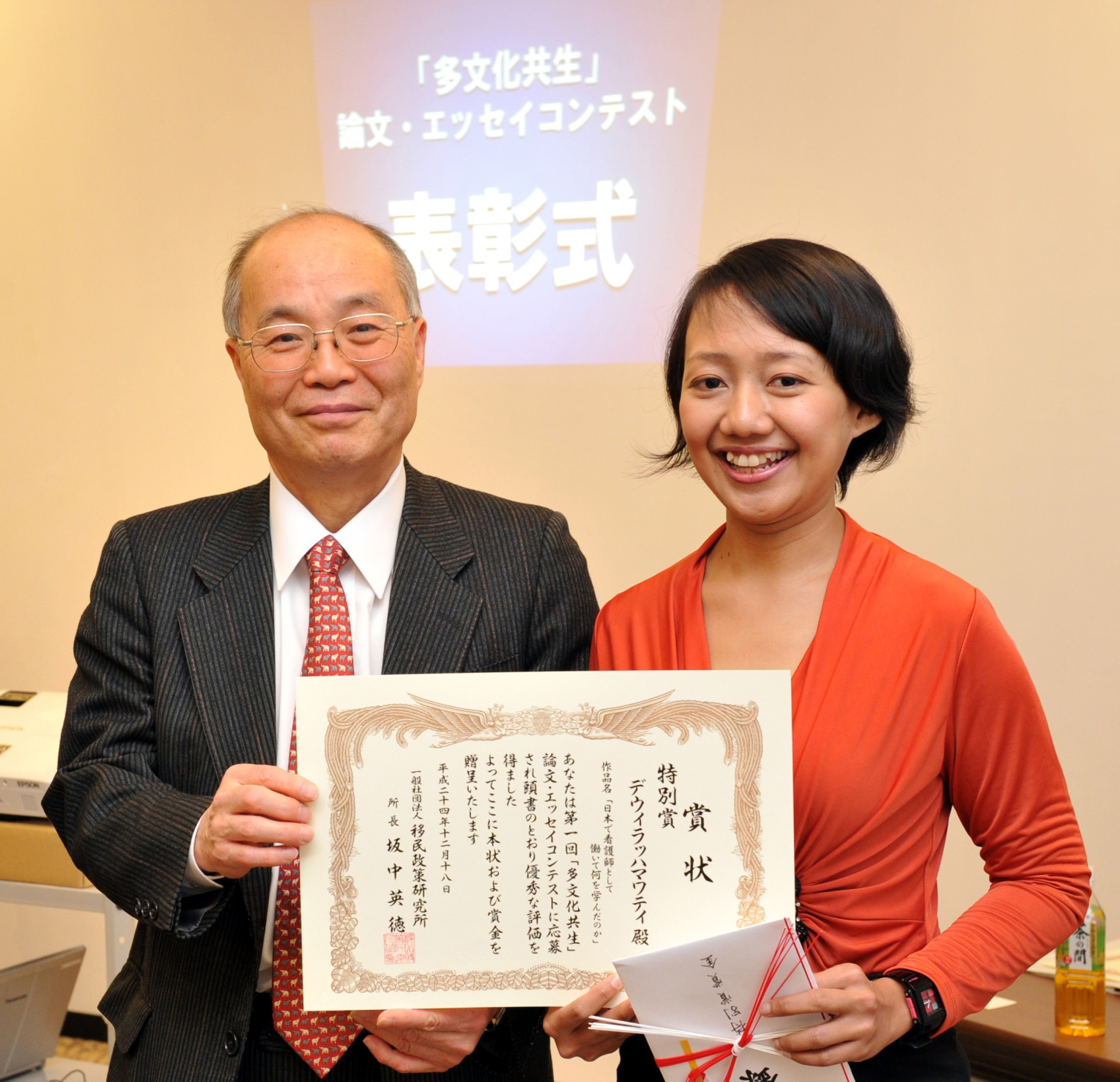Richie Bartlett
If only the elite could get past their old prejudices.
Hidenori Sakanaka’s message is very clear: Only immigration can save Japan. Sakanaka, a former Justice Ministry official and director of the Tokyo Immigration Bureau, proposes bringing in 10 million migrants over 50 years. In making his case for opening up the country, he cites a mountain of demographic evidence, specifically the declining and aging population and the shrinking workforce.
Sakanaka’s proposal is perfectly logical and rational, but what he fails to understand — and this is rather surprising given his bureaucratic background — is that policymaking is rarely based on logic. In fact, policy is often discursively driven: Elite prejudices and public perceptions play a key role in shaping the policymaking process. The result is often policy that can appear irrational, or even contrary to the national interest.

